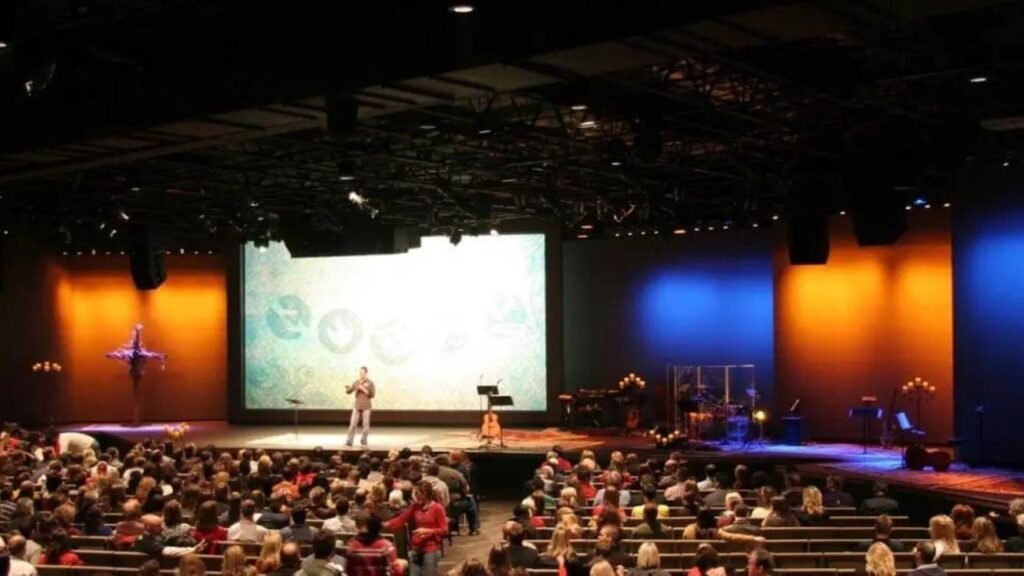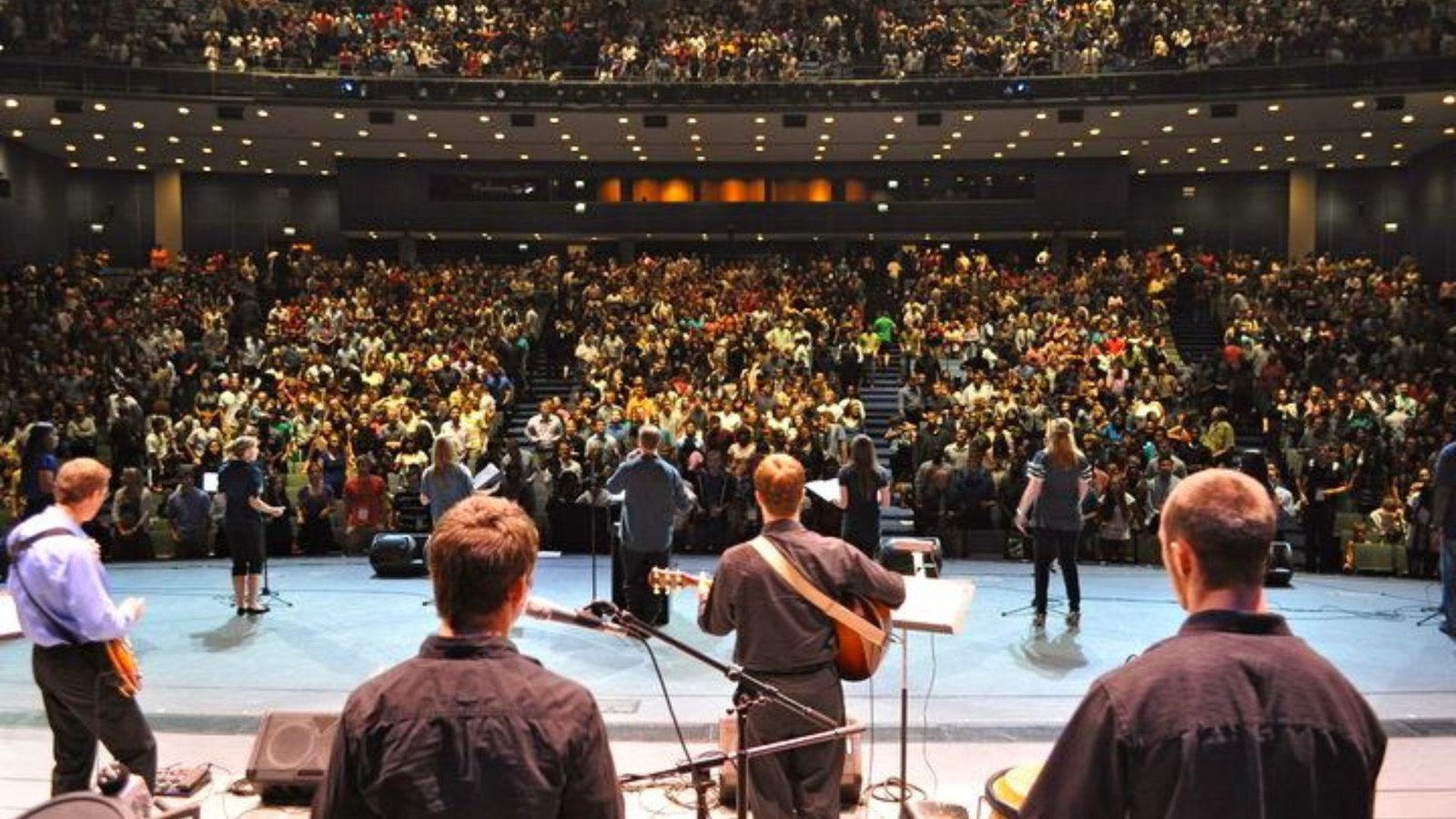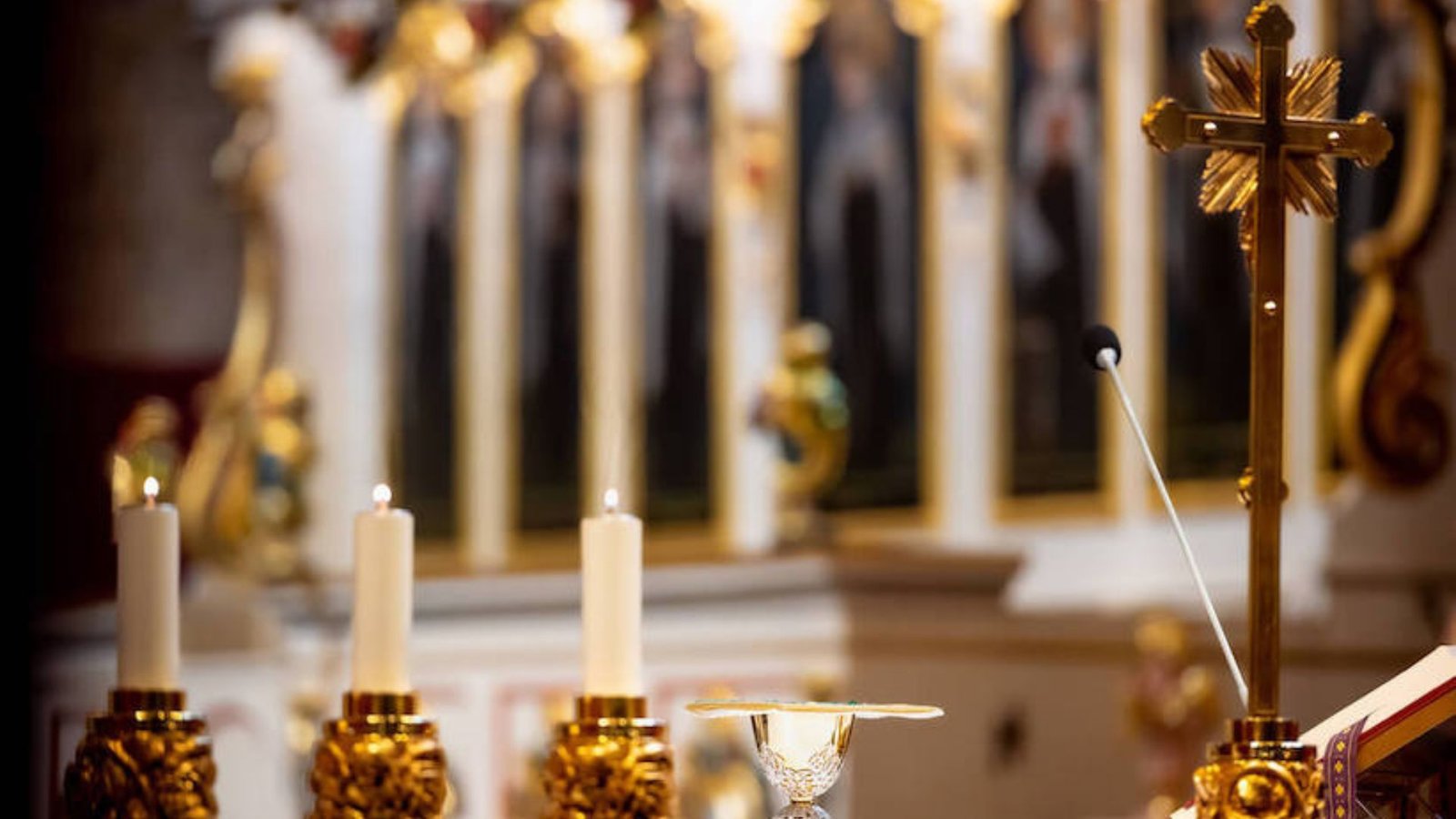If you’re considering attending a non-denominational church, you might be curious about what sets these churches apart and what you can expect during your visit. Non-denominational churches offer a unique worship experience that can differ from traditional denominations. Here’s a guide to help you understand what to expect when attending a non-denominational church.

Worship Style and Atmosphere
1. Contemporary Worship: Many non-denominational churches feature contemporary worship styles. This often includes modern music with a band or worship team, using instruments like guitars, keyboards, and drums. The music is usually upbeat and designed to engage congregants actively.
2. Informal Setting: The atmosphere in non-denominational churches is typically casual and welcoming. You might find comfortable seating, relaxed dress codes, and a focus on creating an environment where everyone feels at ease. This informal setting is intended to make worship accessible and approachable for all attendees.
Teaching and Preaching
1. Practical Teaching: Sermons in non-denominational churches often focus on practical application of Biblical principles. The teaching is usually aimed at helping individuals apply Biblical truths to their everyday lives, offering relevant and actionable insights.
2. Flexibility in Doctrine: Non-denominational churches emphasize core Christian beliefs but may have a flexible approach to specific doctrinal issues. This allows for a diverse range of interpretations and practices within the church, often focusing on essential Christian values rather than rigid doctrinal statements.
Community and Fellowship
1. Strong Sense of Community: Non-denominational churches often prioritize building a close-knit community. You can expect opportunities for fellowship and relationship-building through small groups, social events, and volunteer activities.
2. Inclusive Atmosphere: These churches typically aim to be inclusive and welcoming to people from various backgrounds. You’ll likely find a diverse congregation and a focus on creating an environment where everyone feels accepted and valued.
Church Programs and Activities
1. Small Groups and Bible Studies: Many non-denominational churches offer small group gatherings and Bible studies. These groups provide a setting for deeper discussion, personal growth, and community support outside of regular worship services.
2. Community Outreach: Non-denominational churches often engage in community outreach and service projects. This might include volunteering at local shelters, organizing charity events, or participating in missions. The goal is to make a positive impact in the local community and beyond.
Leadership and Structure
1. Collaborative Leadership: Leadership in non-denominational churches can be more collaborative and less hierarchical compared to traditional denominations. You may find a team of pastors or leaders working together to guide the church, often with a focus on shared decision-making.
2. Local Autonomy: Non-denominational churches typically have more autonomy in their operations and decision-making. Without the oversight of a larger denominational body, these churches have the freedom to adapt and implement practices that best suit their congregation’s needs.
How Services Are Conducted
1. Informal Service Flow: Services in non-denominational churches may be less structured compared to traditional denominations. You might experience a more fluid service flow, with flexibility in the order of worship elements like singing, teaching, and prayer.
2. Interactive Elements: Some non-denominational churches incorporate interactive elements into their services, such as open discussions, Q&A sessions, or opportunities for congregants to share their testimonies. This interactive approach aims to engage attendees and foster a sense of community involvement.
Expectations for First-Time Visitors
1. Warm Welcome: When you visit a non-denominational church for the first time, you can generally expect a warm welcome. Greeters or hospitality teams are often available to help you find your way, answer questions, and make you feel comfortable.
2. Open Environment: Feel free to ask questions and engage with the church community. Non-denominational churches often encourage visitors to explore, participate, and find ways to get involved.
Conclusion
Attending a non-denominational church offers a dynamic and engaging worship experience with a focus on contemporary practices, practical teaching, and community involvement. You can expect a welcoming atmosphere, flexible doctrinal approach, and a strong emphasis on building relationships and making a positive impact in the community. Whether you’re seeking a casual worship environment, practical Biblical teachings, or opportunities for meaningful community engagement, non-denominational churches provide a distinctive and inclusive option for your spiritual journey.











